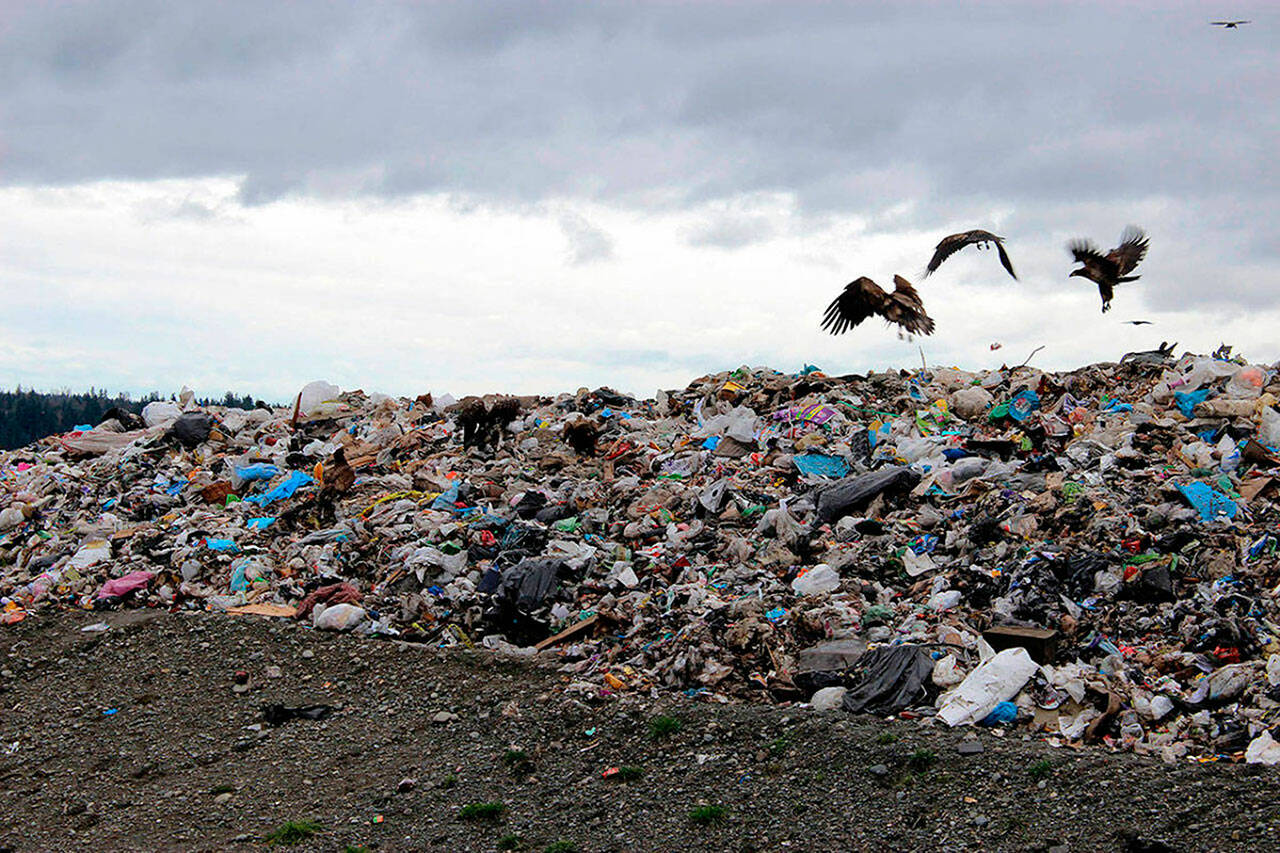On Nov. 17, King County and the Port of Seattle agreed to jointly study the potential for converting municipal solid waste into renewable fuels, including sustainable aviation fuel for Seattle-Tacoma International Airport. Each government agency allocated up to $250,000 to pursue the technological and economic analysis by early 2023.
“It is said that ‘one person’s trash is another’s treasure.’ As the operator of our regional solid waste disposal system and a landfill that is filling up, King County is searching for a sustainable next-generation disposal option,” said King County Councilmember Rod Dembowski.
This study will focus on the technological and economic factors for producing both renewable diesel and sustainable aviation fuel in the region for transport to SEA Airport.
As waste, composting, and recycling dynamics change in the Puget Sound region, this study can help the region find other uses for its waste stream while charting a course to significantly reduce emissions from aviation and other hard-to-decarbonize fuels. This work will also help support economic development of the clean energy sector in this region and could help meet the production volume thresholds required in the Washington Clean Fuel Standard.
“Municipal solid waste exists in high supply and the airport needs significant amounts of sustainable fuel,” said Port of Seattle Commission President Fred Felleman. “Previous analysis for the Port by Washington State University identified municipal solid waste as the most promising potential source of a locally produced, sustainable fuel. No matter what the study shows, just beginning this work with King County moves us closer to the economic and environmental benefits of becoming a zero-carbon port.”
In 2019, Washington State University produced a Port-funded report on potential northwest regional feedstocks for the production of sustainable aviation fuels. The WSU found Municipal Solid Waste to be the most readily available sustainable feedstock in the region.
The Port will conduct the procurement process. According to the county, The Diversity in Contracting Department will establish women and minority owned business enterprise goals and inclusion in this procurement.
To meet its Century Agenda goals, the Port seeks to ensure that 10 percent of the fuel used at SEA International Airport will come from sustainable sources found in the region by 2028. This means the Port needs to displace nearly 70 million gallons of fossil fuels by 2028.



